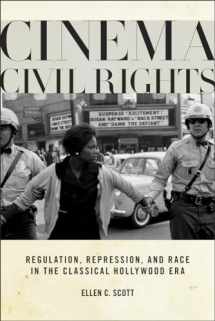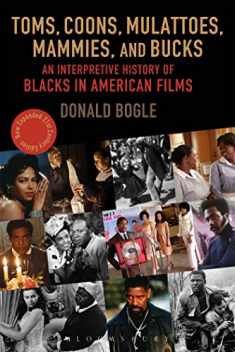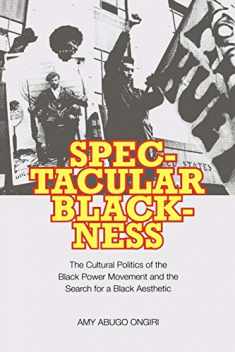
Cinema Civil Rights: Regulation, Repression, and Race in the Classical Hollywood Era
Book details
Summary
Description
From Al Jolson in blackface to Song of the South, there is a long history of racism in Hollywood film. Yet as early as the 1930s, movie studios carefully vetted their releases, removing racially offensive language like the “N-word.” This censorship did not stem from purely humanitarian concerns, but rather from worries about boycotts from civil rights groups and loss of revenue from African American filmgoers.
Cinema Civil Rights presents the untold history of how Black audiences, activists, and lobbyists influenced the representation of race in Hollywood in the decades before the 1960s civil rights era. Employing a nuanced analysis of power, Ellen C. Scott reveals how these representations were shaped by a complex set of negotiations between various individuals and organizations. Rather than simply recounting the perspective of film studios, she calls our attention to a variety of other influential institutions, from protest groups to state censorship boards.
Scott demonstrates not only how civil rights debates helped shaped the movies, but also how the movies themselves provided a vital public forum for addressing taboo subjects like interracial sexuality, segregation, and lynching. Emotionally gripping, theoretically sophisticated, and meticulously researched, Cinema Civil Rights presents us with an in-depth look at the film industry’s role in both articulating and censoring the national conversation on race.


We would LOVE it if you could help us and other readers by reviewing the book
Book review





